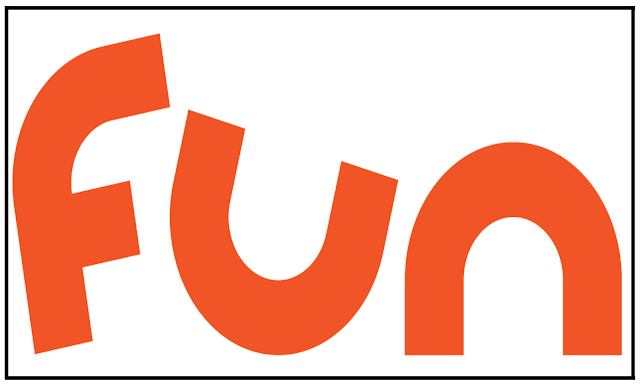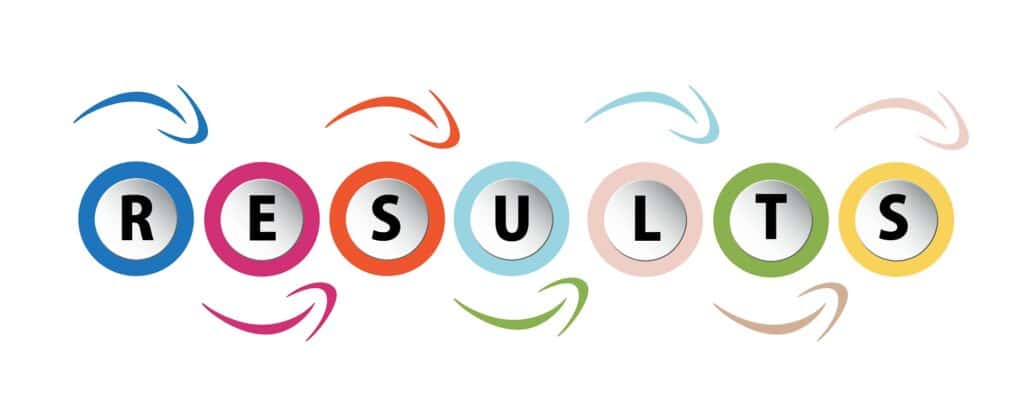Interested Parent: “How was your day at school?”
Teenager: **shrug** or if you are lucky, **grunt**
It’s a stereotype that most of the time does not apply to our wonderful, articulate and happy students. But there is a grain of truth there, isn’t there? So much so that a parent recently passed me this amusing article on 28 Ways to Ask Your Teens ‘How Was School Today?’ Without Asking Them ‘How Was School Today?’. There’s some sound advice in there, for sure. But more than the specific advice, what really struck me was the importance of the words we use, the assumptions that are always built into our language, and the dramatically different effects that can be elicited from quite subtle differences. Of course, this is bread and butter for teachers; we make our living by using words in ways that support and encourage thinking. But I know that there is an amazing amount to learn; and I have over the last couple of years rather changed my thinking here.

Previously, I had previously seen the precise form of words as a bit of a mask for the meaning; better to cut to the chase and say what you mean, rather than introduce a lot of verbiage. So if you want to know what someone’s goals for the years are (and that’s the phase we are at in our Professional Learning Programme), you should ask “What are your goals for the year?” – clear, precise and to the point. More words might just get in the way.
But recently, I have come to see this is a rather naive view, and as I argued last week, sometimes messy is better than clear. I have come to believe that the language we use can sometimes elicit shallow and superficial answers, and sometimes elicit deep and reflective answers based on a great deal of thought. By way of contrast with the example above, when asking colleagues the apparently-clumsy “In light of all that you achieved last year, and bearing in mind your hopes for your future growth, what could be some of the goals that you might think appropriate for this year?” they respond not with an immediate list, but with a pensive and thoughtful conversation; one which develops their thoughts rather than simply exposes them. The extra words turn out not to be extra, but actually crucial to move the conversation from an inquisition to an exploration. By simply placing the goals in a broader context, and acknowledging the narrative flow of individuals and organisations, thinking is prompted. And there is a world of difference between looking for short-term answers to developing long-term capacities – the latter of which is I submit, the broad purpose of education; and one that we should be seeking in our students, our colleagues and our children. We’re working hard on it.


